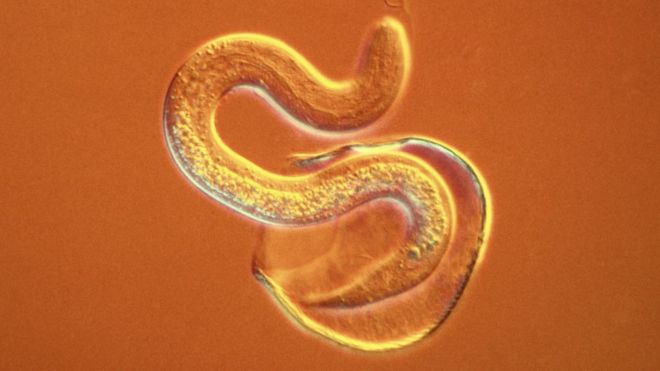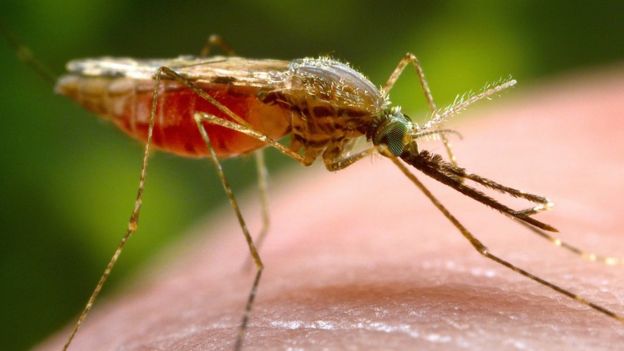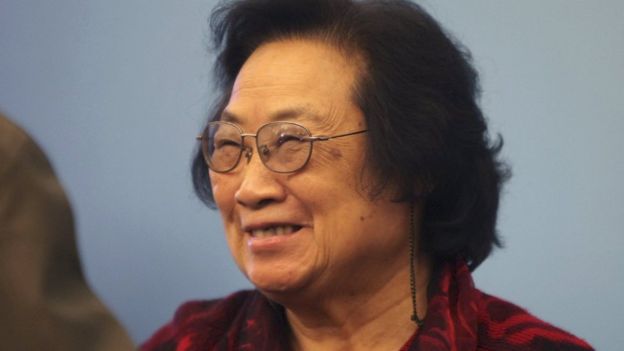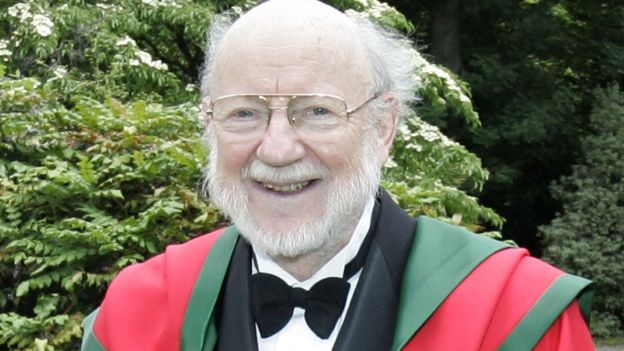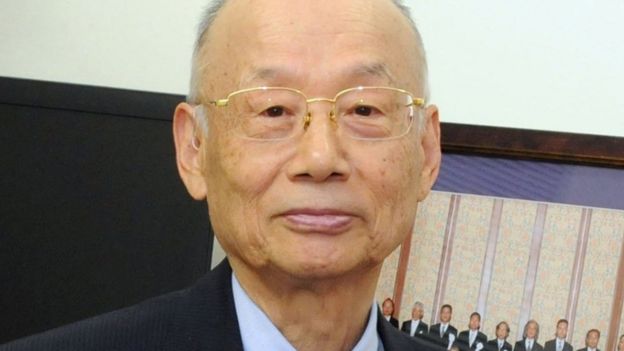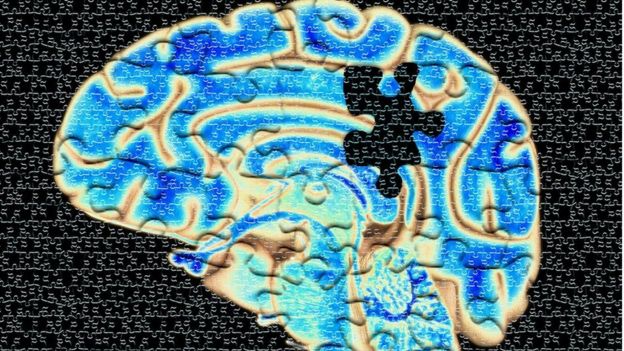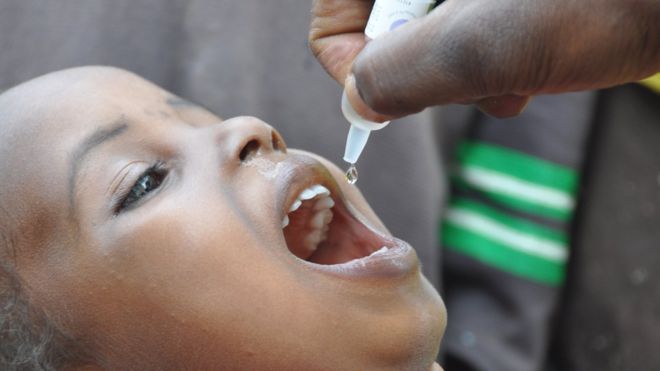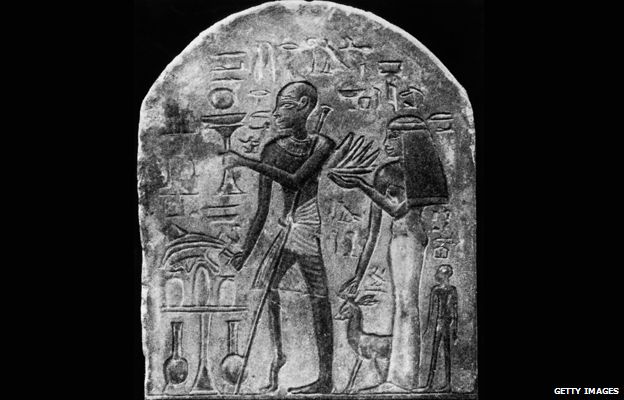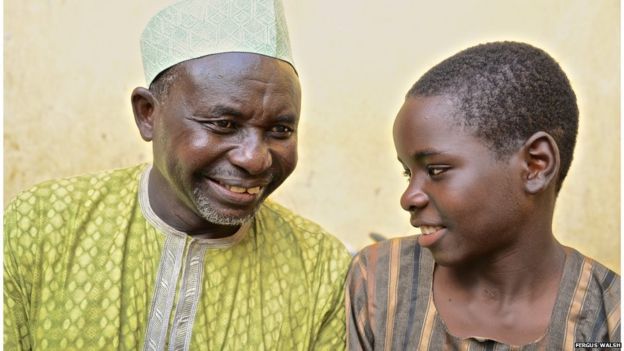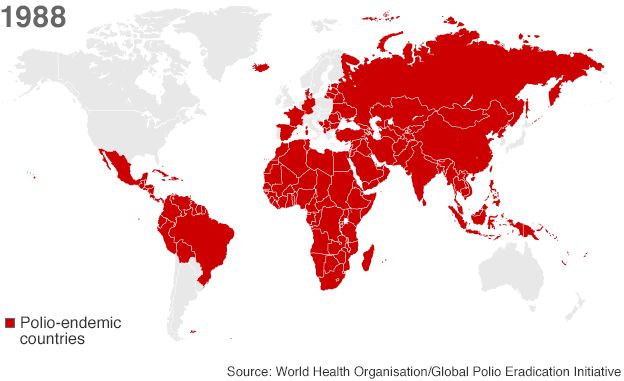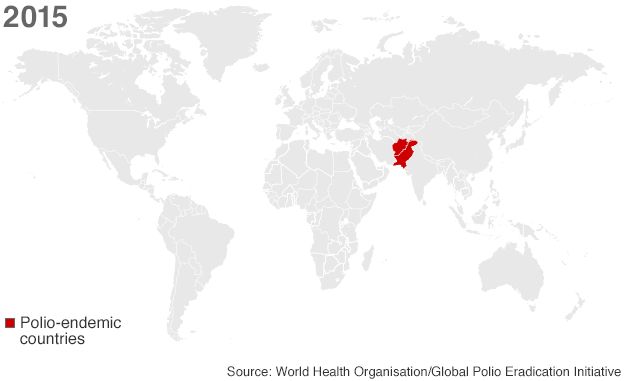New GP contract for seven-day service
 Science Photo Library
Science Photo Library
GPs in England are to be offered a voluntary contract to provide seven-day-a-week cover for patients, David Cameron has announced.
Seven-day hospital services will also be extended to "half the country" by 2018 and the whole of England by 2020.
Mr Cameron made the announcement as the Conservatives gathered in Manchester for their annual conference.
The Royal College of GPs has warned a recruitment crisis was making plans for seven-day working "unrealistic".
Mr Cameron's comments came as the government denied pressuring officials behind the scenes to delay the publication of figures which show the financial performance of the NHS.
A report in the Observer claimed officials at Monitor and another NHS regulator were leaned on to delay financial and other performance figures such as treatment waiting times in order to avoid embarrassment at the Conservative conference, which is taking place this week.
Health officials have said the data will be published shortly.
'Clear goals'
On the BBC's Andrew Marr Show, Mr Cameron insisted a seven-day-a-week NHS was "a really exciting prospect".
He said: "We said that we are going to have to make difficult decisions elsewhere, but the NHS will not just be protected.
"It's getting an extra £10bn of money during this Parliament, over and above inflation, and that enables us to meet some really clear goals.
"Parents and people in our country want to access the NHS on a seven-day basis.
"Let me be clear, this doesn't mean that all staff in the NHS have to work every seven days, it just means the services are available.
"So, I can announce today that we will be publishing a new GP contract to get rid of the box-ticking and the form-filling."
NHS weekend: Want to know more?
 Other
Other- Visit the BBC's special report page on 7-day services (This link will not work on the BBC app but some of the key content can be seen below)
- Action demanded over weekend death risk
- Nick Triggle: Does a Monday to Friday culture exist in hospitals?
- 'My long weekend as a consultant'
- The picture in the rest of the UK
The new contract for GPs will be voluntary, with family doctors able to decide whether they want to join forces with neighbouring GPs to form federations and networks of practices delivering seven-day care to populations of at least 30,000 patients.
Grouping GPs together in federations or networks will allow them to deliver better integrated care, the prime minister argues.
They will also be able to work more closely with community nurses, hospital specialists, pharmacists and other health and care professionals, he added.
Destabilising care
Trials of seven-day GP access have already begun, with 18 million patients getting extended availability by March this year.
But a recent survey found practices in some areas had scaled back weekend opening due to limited demand.
The Royal College of General Practitioners has warned that seven day opening in England is unachievable in this Parliament and risks destabilising care.
Conservative sources said the voluntary GPs contract will be funded from the additional £10bn of NHS investment promised by the prime minister over the course of the Parliament.
Labour's Jonathan Ashworth said: "You can't trust [David Cameron's] promises on a seven day NHS - he has made them before but hasn't delivered.
"What the Tories have done is take the health service backwards - under them it is harder to see your GP and waiting lists are higher."
